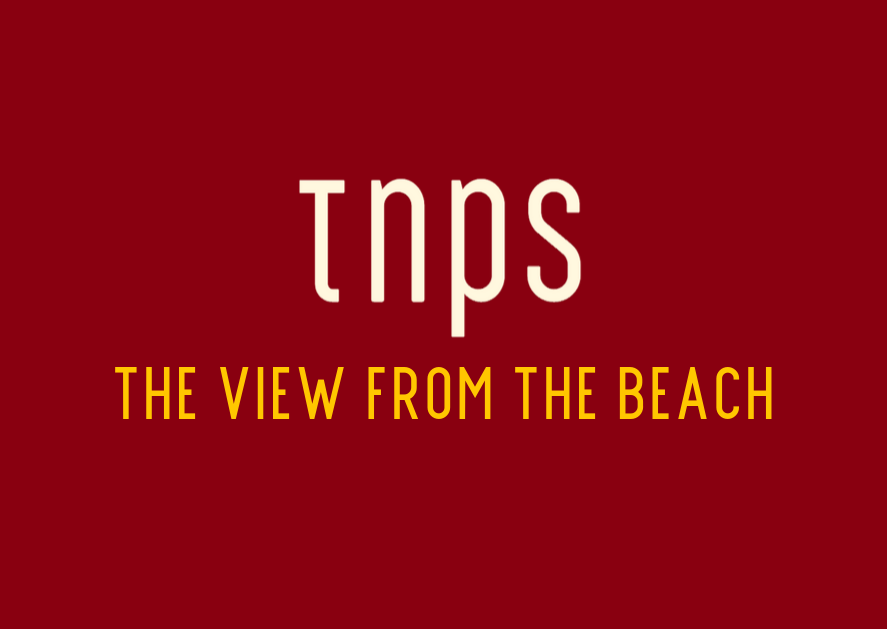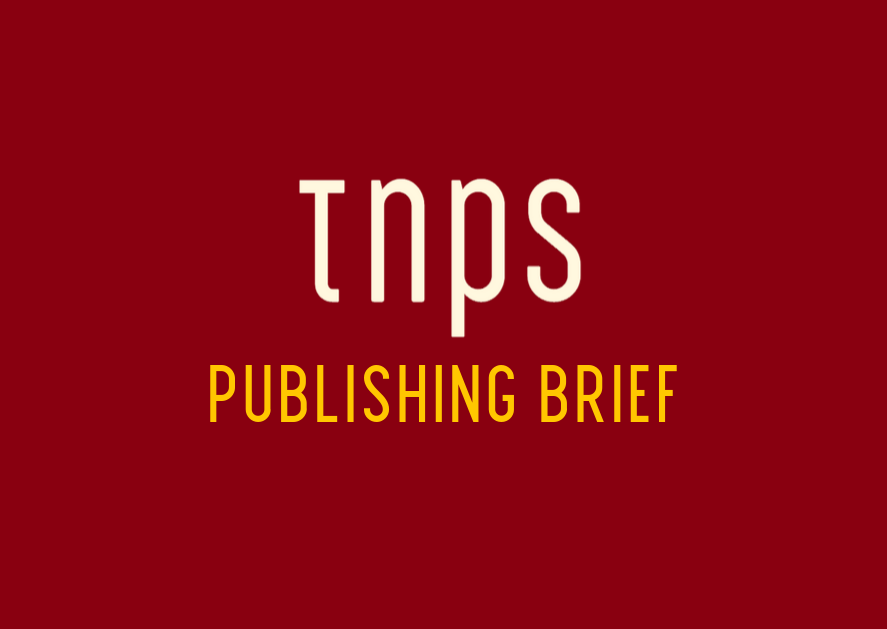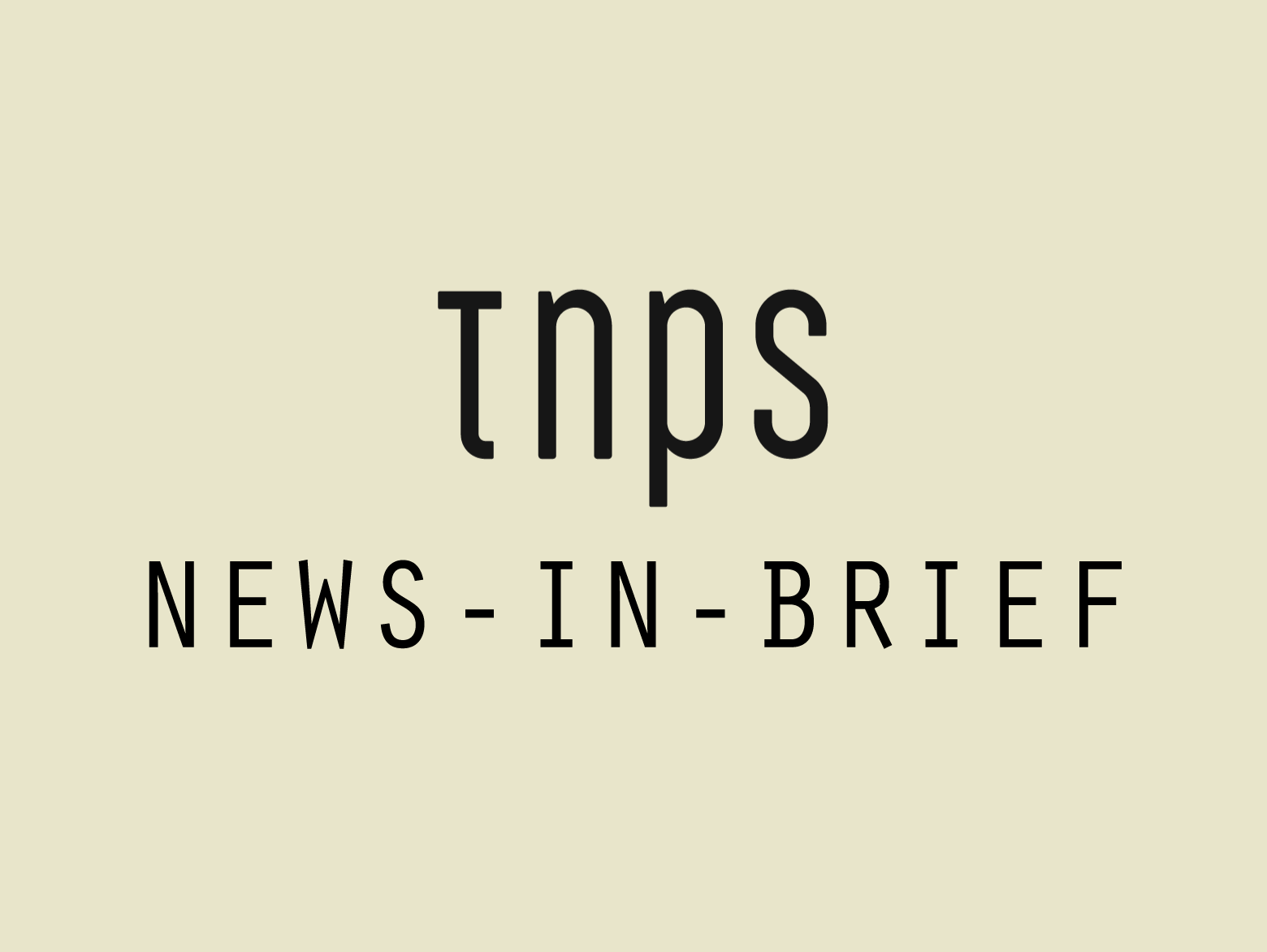As a one-off acquisition, the Simon & Schuster deal is not deeply worrying, but the broader trend towards hedge-fund ownership of publishing assets is. The bottom line is, these are not publishing people, and have no long-term commitment to the industry.
Per a report in the Wall Street Journal, private-equity firm KKR is “in advanced talks to acquire Simon & Schuster from parent company Paramount Global for about $1.65 billion”. That’s 27% less than the $2.275 billion then Markus Dohle-led Penguin Random House was ready to cough up for S&S last year, before a US judge blocked the deal.
The KKR bid is unlikely to need a judge’s decision, especially after KKR divested itself of audiobook producer RBMedia.
Per the WSJ, Simon & Schuster “enjoyed a strong year in 2022, with revenue rising 19% to $1.18 billion and operating profit increasing 16% to $248 million, while in (Q1) 2023, sales rose 19% to $258 million (and) operating profit increased 16% to $58 million.”
The WSJ reminds us that ” Simon & Schuster is the third-largest U.S. book publisher as measured by market share, with an 8% share year-to-date through July 8, according to book tracker Circana BookScan. Penguin Random House is the largest with a 21% share, while HarperCollins Publishers has an 11% market share.”
Handling assets valued at a half trillion dollars, KKR is well-placed to ensure S&S can move forward once it is freed from Paramount Global, where it has lately been treading water while Paramount sought a buyer.
Of course, hedge-funds have come a long way since the days of the film Wall Street, and the Gordon Gecko image associated with private-equity firms looks especially misplaced in light of the deal KKR has made with its RBMedia buyer HIG capital.
All of RBMedia’s 300 employees, as equity holders since KKR bought RBMedia five years ago, are lined up for pay-outs that will average $50,000 per person when the transfer to HIG capital is finalised. Employees with ten years standing will pocket $100,000 each. This of course in a deal worth $1 billion – 100% more than KKR originally paid for RBMedia – a reminder of how lucrative the audiobook sector has become.
KKR CEO Pete Stavros has long had a reputation as part of a more-enlightened and pro-employee breed of private equity investors determined to leave behind the Gordon Gecko image.
But at the end of the day investment firms like these are all about bucks. What we don’t have is any meaningful commitment to the industry beyond how much ROI the industry can deliver. And that should be a concern.
Because what happens when the going gets tough?
As we already see with PRH, just weeks after former CEO Markus Dohle was telling us publishing was having its finest hour, the new PRH CEO was terminating employment contracts as the cold reality of publishing in 2023 collided with the Dohle fantasy of the print ascendancy, stagnating digital, and “literacy rates through the roof.”

Per the WSJ, “The new deal comes as print book sales are in decline, following the Covid pandemic. Print book sales through July 8 were down 2.7% to 365.6 million books compared with the same period in 2022, according to Circana BookScan. The publishing industry also faces new threats from generative-AI technology.”
Okay, so let’s set aside the “threats from generative-AI technology”, which demonstrate a disappointingly Luddite evaluation of what AI can do for publishing.
The key point here is that traditional publishing is not having its finest hour, a fact perhaps tacitly acknowledge by the bargain basement price for Simon & Schuster. Supply-chain issues, inflation and numerous other factors are making the traditional publishing model less profitable than it used to be, and we only have to look at RBMedia to remind ourselves that it is digital that is where the new money is.
Private equity does of course invest in the traditional publishing sector too. It’s likely neither Waterstones nor Barnes & Noble would even be with us today without hedge-fund money. We all owe a vote of thanks to private equity for ensuring their survival.
But the future is digital, and it’s a safe bet KKR, in mind the bid comes as the post-Pandemic realities are hitting home, has fully evaluated the digital potential of Simon & Schuster in making this bid.
As a one-off acquisition by a hedge-fund, the Simon & Schuster deal is not deeply worrying, but the broader trend towards hedge-fund ownership of publishing assets is.
The bottom line: these are not publishing people, and have no long-term commitment to the industry.
In the US, 50% of the news publishing industry is now controlled by hedge-funds.
Per The Guardian, hedge funds “are widely feared by the industry for cutting staff and selling off real estate assets to boost profits.”
In 2021 the Washington Post reported on a federal investigation that found hedge-fund Alden Global Capital “probably violated federal pension protections by putting $294 million of its newspaper employees’ pension savings into its own funds.”
I should add here for balance that the Washington Post itself is owned by private equity in the form of former Amazon CEO Jeff Bezos, and few would argue that has been a negative for the paper or the industry.
On the other hand Bezos has bought numerous book publishing assets, and as we have seen with Comixology and with The Book Depository, it’s not always for the best. The Book Depository is no more and Comixology has been folded into the Kindle store, to the detriment of the comics market.

Amazon of course is a single company, not a hedge-fund, and it’s mostly so far so good for hedge-fund investment in book publishing. The KKR-HIG Capital deal shows what is possible when the going is good. But keep in mind RBMedia, under KKR, literally doubled its value, earning KKR a half billion dollar profit. Stavros can afford to be overly-generous. And digital publishing still has plenty of room to grow.
Other publishing sectors, especially print and bricks & mortar retail, not so much.
We can all hope KKR’s bid for S&S, if successful, will see that company expand and thrive, and employees, authors and the industry expand and thrive with it.
But for every enlightened KKR RBMedia deal there will be an Alden Global Capital deal happening that will remind us the shadow of Gordon Gecko lurk nearby.





